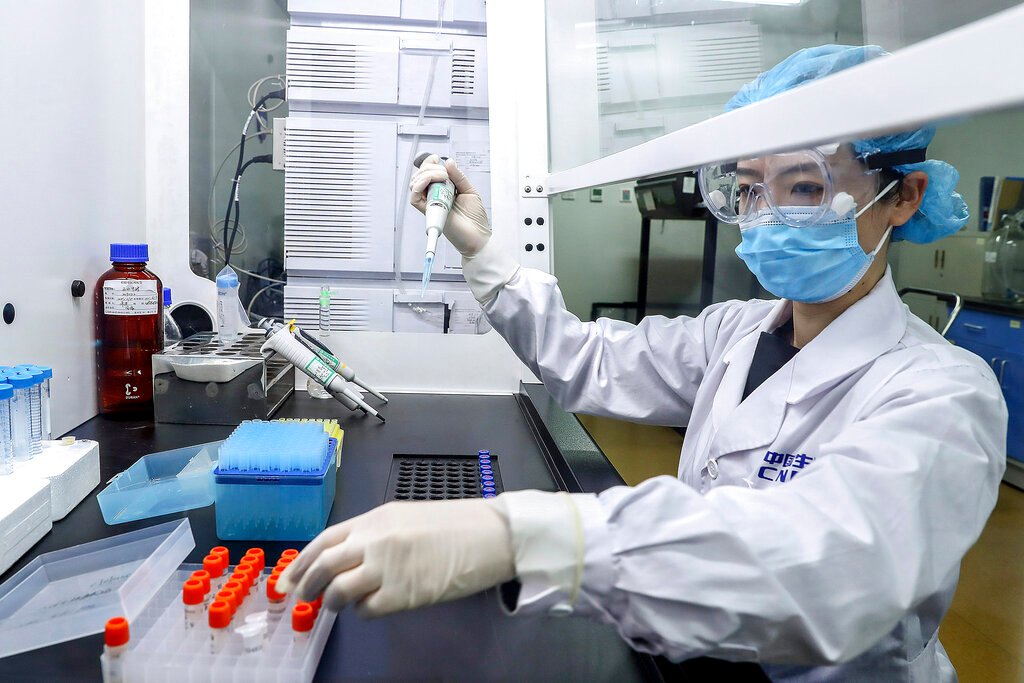
Malaysia has something new to be proud of.
Just two weeks ago, a band of Malaysian medical professionals wrote and published Southeast Asia’s first national study on Covid-19 cases, representing an entire country’s experience.
It was featured in The Lancet, arguably the most prestigious and influential medical journal in the world.
Titled “Clinical characteristics and risk factors for severe Covid-19 infections in Malaysia: A nationwide observational study”, it was written by Benedict Lim Heng Sim, Suresh Kumar Chidambaram, Xin Ci Wong, Mohan Dass Pathmanathan, Kalaiarasu M Peariasamy, Chee Peng Hor, Hiu Jian Chua, and Pik Pin Goh. It provides a detailed picture of the disease’s spread in Malaysia from Feb 1 till May 30, 2020.
It’s heartening to see impactful and meaningful research being done by Malaysians. And it’s doubly heartening to see this being recognised by The Lancet which publishes only a fraction of all the research manuscripts it receives.
Thanks to this study, we now have a clearer understanding of many aspects of the disease as it relates to Malaysia. More importantly, it lays the groundwork for local researchers to be able to utilise the data to do important research into how the disease affects Malaysians specifically, instead of having to rely on and extrapolate from foreign data.
This is important as foreign data might not translate well for us because what’s true for other countries might not be true for Malaysia and vice versa. This is due to a host of differences between us and whichever country the data is derived from – such as diet, demographics, the climate and robustness of the healthcare infrastructure.
For instance, in Mexico, the case fatality rate (CFR) is a whopping 9.5%. This means almost one in ten people who contract the disease die of it. That’s certainly not the case in Malaysia, as the new study shows conclusively that we have a CFR of 1.2%. This is almost an order of magnitude less severe, translating to slightly more than 1 in a 100 people who contract the disease eventually succumbing to it.
The new study shows that Covid-19 overwhelmingly affects men compared with women in Malaysia (71.7%). Men are also proportionally more likely to have a severe case of the disease (71.5%). This could partly be due to the large male foreign worker population we have here. They are often subjected to unsafe, non-socially distanced workspaces that cause the disease to run rampant – as the recent Top Glove incident has demonstrated.
It could also be due to women having a stronger immune system thanks to the double helping they have of the X chromosome, which has about 60 genes involved in immune function. According to Akiko Iwasaki, professor of immunobiology at Yale University, T-cell response in men is also weaker. T-cells play an integral role in a person’s immune system, detecting and killing infected cells and helping direct antibody response.
She has shown that unlike the female immune system that declines gradually, the male immune system takes a nosedive after they hit their 30s. Most starkly, the T-cell response of men in their 30s and 40s is similar to that of a woman in her 90s.
As for the racial mix of those infected, Malays account for 58.4% of all cases and 70.0% of all severe cases, while the Chinese account for 6.7% of all cases and 12.1% of severe cases and Indians account for 2.3% of all cases and 4.5% of severe cases. The ratio of severe cases to all cases of almost 2 to 1 for Chinese and Indians might be due to their slightly older-skewing population.
Other nationalities account for 23.8% of all cases but only 4.9% of all severe cases – a ratio of almost 5 to 1. This, again, could be due to the foreign worker population which generally skews younger and so has a reduced chance of developing a severe instance of the disease.
Another piece of vital information provided is the presence of comorbidities in those who developed a severe infection. Those with hypertension are the most at risk at 48.6%, followed by diabetes mellitus at 39.1% and chronic cardiac disease at 14.0%.
Surprisingly enough, being an active smoker does not indicate an elevated risk of developing a severe infection. Smokers account for 9% of all cases and 7% of severe cases. But obviously this doesn’t mean smoking is a good idea as it still is a leading cause of cancer, heart disease, bronchitis and a host of other ailments.
The study also confirms the importance of early detection and treatment of Covid-19. Those admitted when the disease has progressed to stage 4 (pneumonia with hypoxia) are the likeliest to develop a severe case of the disease (44.6%), compared with those at stage 1 (asymptomatic) (6.4%).
In addition to these, the study also shows: Acute liver (6.7%) and kidney (4%) injuries, and acute respiratory distress syndrome (ARDS) (2.3%) were the three most common complications seen in our Covid-19 cases.
Kudos to the team of researchers.
My hope is that this study becomes the foundation for many more high-impact local research endeavours and that more researchers, especially from our public universities, will rise to the occasion.
We need to strengthen the standing of our universities and research institutions and a surefire way of doing that is by publishing meaningful academic research. It’ll not only bolster the reputation of our institutions but also attract top talent locally and from elsewhere.
Without institutions that possess immense intellectual capital, our hopes of becoming a fully-developed nation will become ever dimmer.
The writer can be contacted at [email protected].
The views expressed are those of the writer and do not necessarily reflect those of FMT.



